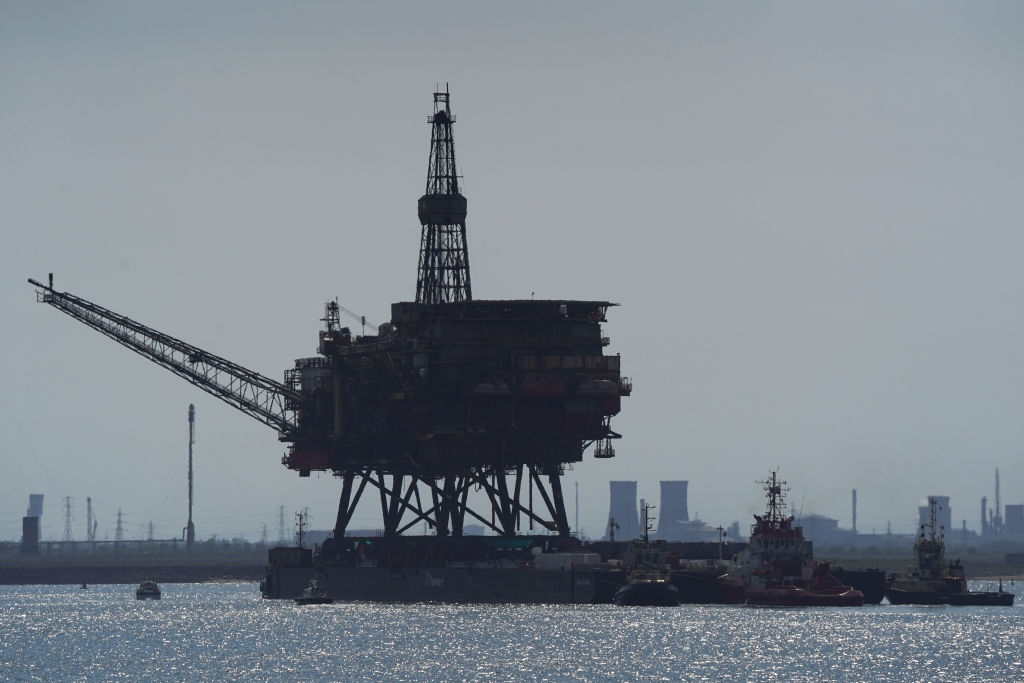G7 weighs up proposals to block transport of Russian oil supplies

The G7 is considering plans to block the transporting of Russian oil unless it heeds a price cap, among other options to deprive the Kremlin of bumper revenues following its invasion of Ukraine.
In a statement released by G7 foreign ministers, they revealed they were reviewing potential methods to prohibit the movement Russian seaborne crude oil and petroleum products globally, unless the oil is purchased at or below a price agreed with international partners.
They said: “In considering this and other options, we will also consider mitigation mechanisms alongside our restrictive measures to ensure the most vulnerable and impacted countries maintain access to energy markets including from Russia.”
The G7 consists of the UK, Canada, France, Germany, Italy, Japan, and the US.
Its latest moves reflect the challenges involved in sanctioning Russian energy supplies.
Many countries have imposed sanctions on Russia following its invasion of Ukraine, however key oil consumers China and India have stepped up imports of discounted Russian barrels to record levels.
While Russian oil exports are hitting their lowest levels since last August, its export revenue in June increased by $700m month-on-month due to higher price- 40 per cent above last year’s average -the International Energy Agency said last month.
Western leaders have proposed addressing that through an oil price cap to limit how much refiners and traders can pay for Russian crude – a move Moscow says it will not abide by and can thwart by shipping oil to states not obeying the price ceiling.
Europe is scrambling for supplies amid a Russian squeeze on gas flows, in retaliation to Western sanctions.
This has seen Germany’s one-year forward baseload electricity price surges above €400 per MWh for the first time ever.